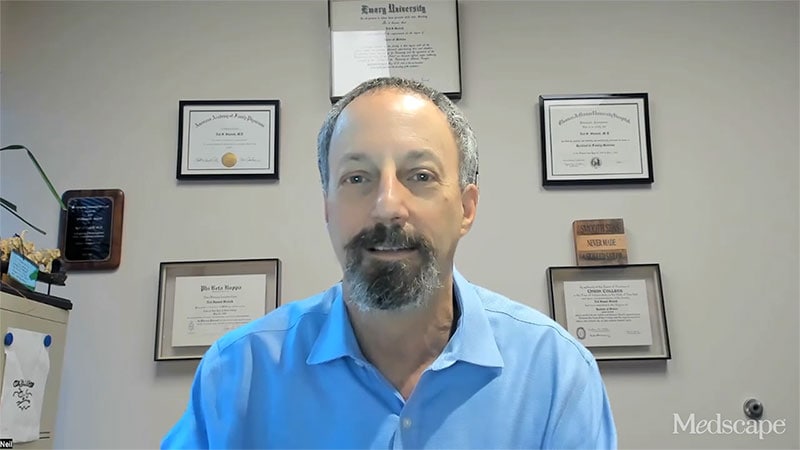
Quick Links
Resources
About MyHeartDiseaseTeam
Powered By



“Among patients with device-detected AF (no symptoms; detected by a watch or other device), stroke risk is lower than that of patients with symptomatic AF. The recommendations for device-detected AF vary by duration of AF as well as by CHA2DS2-VASc score. See the guidelines if you are interested in more information on this fascinating topic.“
https://www.medscape.com/viewarticle/1000331?fo...
Full article-
https://www.medscape.com/viewarticle/1000331?fo...

@A MyHeartDiseaseTeam Member. Interesting invitation. I have gained much from membership and intend to post pertinent factual info regardless. For the moment I have no heart issues and have many beliefs that work for me but are not medical mainstream. Not trying to be controversial or fear others opinions but as I contribute more some might object … or possibly gain some insight.
Hi Cliff,
Great article. I actually had this site as one of my trusted sources. Problem is I don't check it that often and can see that this article is quite new. Thanks for sharing. Hope all is well with you.
He is correct about the first ablations being done via open-heart surgery. I had my first ablation that way in 1986 in Phili at what now is called Penn Medicine. They mapped the area with a catheter but the procedure was done open heart. The first catheter ablation was done in 1981 by Dr. Melvin Scheinman at the University of California. Here is a little history if you are interested. https://ucsfhealthcardiology.ucsf.edu/history-a....

@A MyHeartDiseaseTeam Member...having the right PCP is a big help in getting to the right specialist, but they quite often fail in this area.
I had a chat with an old friend and 45 year cardiologist. He said Afib diminishes the hearts capacity by about 30%. If the heart is strong enough and patient healthy the symptoms may not be obvious. Untreated Afib does long term damage and lessens the chance of successful Ablation. My FitBit warning probably got me into treatment at least a year early and helped enable my recovery.
He said what is done in an Ablation formerly required open heart surgery. Ablation is a relatively new procedure. Some Electrophysiology specialists are self taught. He recommended a younger doc. My second cardiologist, the one I trust, made the same comment. I neglaeced to ask how young but think a doc that learned the procedure in school and has done many sucessful procedures. A Google search suggests experience in the last 20 years.